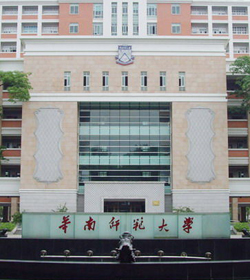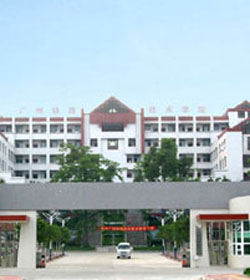2016年12月英语四级考试仔细阅读练习及答案(7)
2016-07-01 10:22:39am
Culture shock occurs as a result of total immersion (浸没) in a new culture. It happens to people who have been suddenly transplanted abroad. Newcomers may be anxious because they do not speak the language, know the customs, or understand peoples behavior in daily life. The visitor finds that yes may not always mean yes, that friendliness does not necessarily mean friendship, or that statements that appear to be serious are really intended as jokes. The foreigner may be unsure as to when to shake hands, when to start conversations, or how to approach a stranger. The notion of culture shock helps explain feelings of bewilderment and disorientation. Language problems do not account for all the frustrations that people feel. When one is deprived of everything that was once so familiar, such as understanding a transportation system, knowing how to register for university classes, or knowing how to make friends, difficulties in coping with the new society may arise.
... when an individual enters a strange culture, he or she is like fish out of water, Newcomers feel at times that they do not belong to and feel alienated from the native members of the culture. When this happens visitors may want to reject everything about the new environment and may glorify and exaggerate the positive aspects of their own culture. Conversely visitors may scorn their native country by rejecting its values and instead choosing to identify with (if only temporarily) the value of the new country. This may occur as an attempt to over-identify with the new culture in order to be accepted by the people in it.
26. The expression he or she is like fish out of water suggests_______.
A. people away from their cultures can hardly survive in a new culture
B. a fish can not survive without water
C. people away from their culture experience mental isolation
D. people away from their culture have difficulties in their studies
27. In order to identify with the new environment, some people may_______.
A. give an exaggerated picture of their own country
B. criticize the positive aspects of their own country
C. abandon their original beliefs
D. accept a temporary set of values
28. Which of the following statements is TRUE according to the author?
A. Homesickness results in culture shock.
B. A typical symptom of culture shock is confusion.
C. Culture shock is the explanation of anxiety.
D. Culture shock happens to foreign students only.
29. Newcomers may worry about
A. their ignorance of the alien customs
B. their knowledge of yes in the native language
C. their understanding of friendship
D. their control of their behavior
30. When the foreign visitor is immersed in new problems he finds hard to cope with, he is most likely to feel_______.
A. uninsured B. deprived
C. alienated D. disappointed
26. C 27. B 28. B 29. A 30. C
以上就是查字典大学网为同学们带来的“2016年12月英语四级考试仔细阅读练习及答案(7)”内容了,希望看完能够带给大家一些力量,对同学的生活有所启示,更多内容在这里,请继续关注我们。
推荐文章
猜你喜欢
附近的人在看
推荐阅读
拓展阅读
院校推荐
猜你喜欢
办公室恋情恶果VS好处
90后求职女生吴丽春:“相信勇敢之后必有春天”
中国的社会保障改革亟须顶层设计
职场为人处世三大准则:爱岗敬业 不卑不亢 自信坦然
创业,会给职业生涯加分多少?
中国IT城市满意度排名
15个细节助你走向美好的职业生涯
中国国际形象最佳城市排名 上海居首
大学生利用过年前短短的十几天兼职
大学生如何弥补自身的求职劣势
彩虹族成职场白领新宠
高校“求职达人” 毕业即获50万年薪 做好职业规划
别把职业规划当成口头禅
2010全球城市排名中国七城市上榜 北京排名十五
新兴职业发展遇瓶颈 或"无地用武"或"有市无人"
大一小伙骑单车37天到拉萨 全程2166公里
关于主动性的三个小故事
职场白领热门电影推荐



